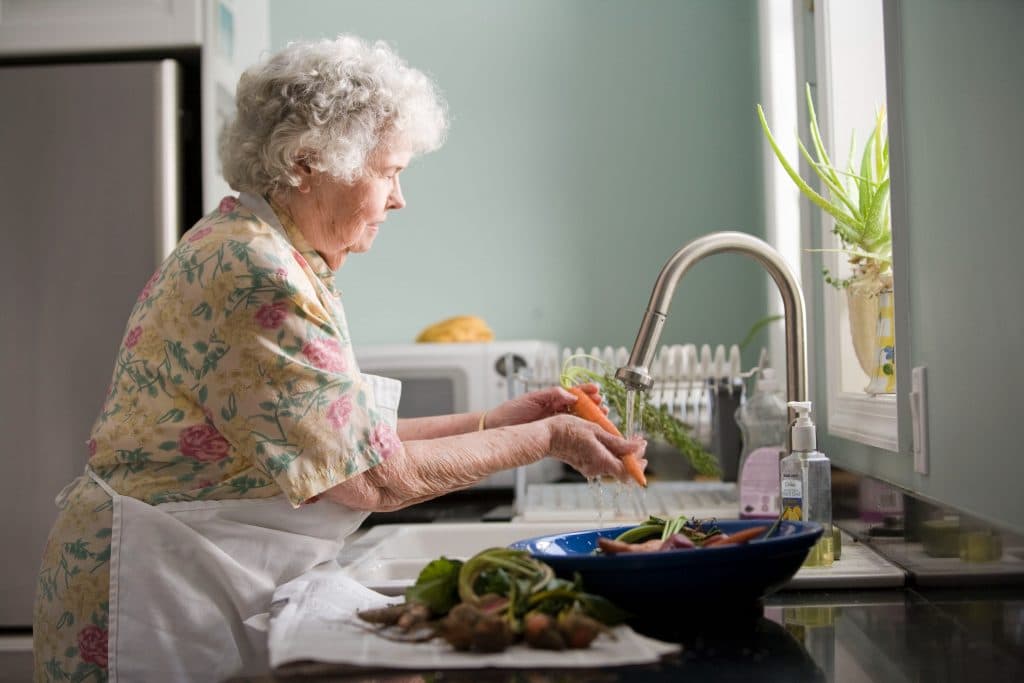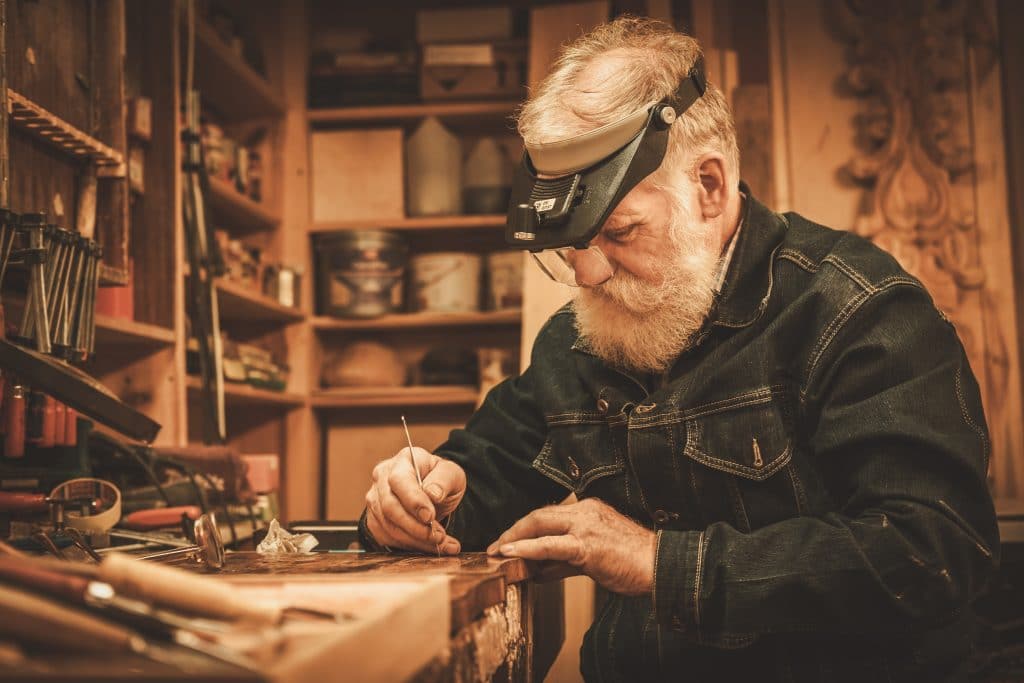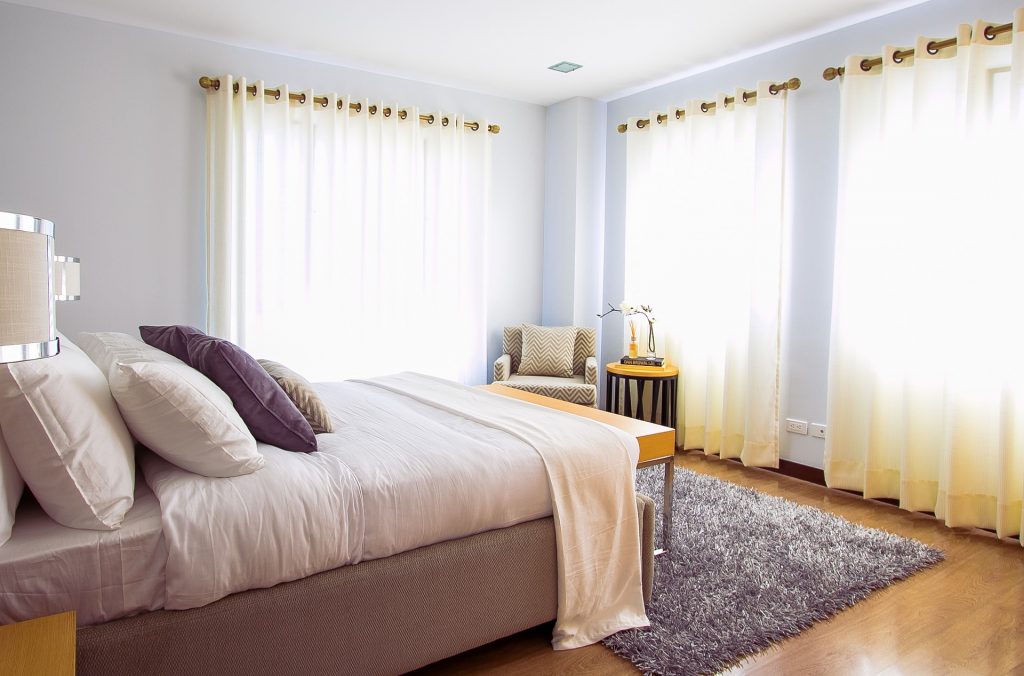Most of us want to see our parents grow old in the family home. Not only because it’s full of warm memories, but because it’s easier, too. Staying put may mean installing a ramp and making a few other little changes, but it doesn’t involve fixing up an aging home or making a difficult transition with parents who’d rather not move.

Unfortunately, not all homes are suited for aging in place. Whether a home has too much square footage, a high-maintenance landscape, or staircases that grow more treacherous by the year, there are some home features you simply can’t remodel around. When that happens, downsizing to a smaller home is the best solution. As you prepare to begin a house hunt, Marylee MacDonald shares the following resources to ensure the process goes smoothly.
Planning Ahead: What to Consider Before the Move
Downsizing is a major life decision. Your parents and you will need to carefully consider their future needs and finances before going ahead. Even someone who is in good health in their seventies can anticipate that their eighties will bring changes in mobility.
- How to help an elderly loved one downsize.
- 4 best arguments to convince your parents to downsize.
- What should I consider when buying a house at age 60 or above?
What to Look for in an Age-Friendly Home
If your folks decide to age in place, they’ll need to find a home with senior-friendly features, or they’ll need to hire a contractor to make modifications. Won’t that be a hassle?
Not necessarily. Planning for a new living space and working with someone who can help them implement their plans can be a fun adventure. Even with less square footage overall, or with a one-story home instead of a two-story with a basement, a well-planned living space can provide all the functionality of a much larger space. Living in a home with less upkeep means they’ll have time for activities they truly enjoy. And, if the move means they’ll be able to live closer to their grown children and grandchildren, then that new house can provide a kind of “social insurance” that will add security to their future years. No longer will they have to worry if a health crisis means one of their kids will have to make a flight across country to assist.
- The right house for you for aging in place.
- 10 things to look for when buying a house.
- Finding the perfect home for your senior years.
How to Budget for a Downsized Home
Most people of retirement age purchased a home thirty or forty years ago. Retirement means they’re living on a fixed income. They may not want to get tied down with another mortgage. Selling their existing home prior to purchase is one way to avoid that. Before purchasing a home, your parents–and you, if you’re going to help them–must fully grasp the financial implications of downsizing. A good place to start is with making a spreadsheet of monthly expenses and income.
What to Do with Everything You Can’t Take
Deciding which items to keep, donate, give to family, or throw away can be both an emotional and liberating process. But most families have already furnished their homes according to their own tastes. Planning for an estate sale is one way to deal with de-acquisitioning. But, organizing the sale, physically handling the display of items to be sold, handling the money, and so on, will be physically exhausting. One option is to hire an estate agent. To find one, you can cruise the garage sales advertised in your area or find an Estate Sale Company by searching online.
- Decluttering the nest: Helping your adult children (and you!) to move forward.
- Tips for effectively staging an estate sale.
- Organizations that offer donation pick up for items you no longer want.
Helping your senior parents move into a downsized home is a major undertaking. However, in exchange for your short-term effort, you’ll gain long-term peace of mind knowing that your parents are living in a home that puts their health and well-being first. If they put off downsizing and don’t start decluttering when they’re in good health, they face a long-term risk. A health crisis could send one or both to a nursing home. Then, the burden of sorting through decades worth of possessions will fall to the adult children.


